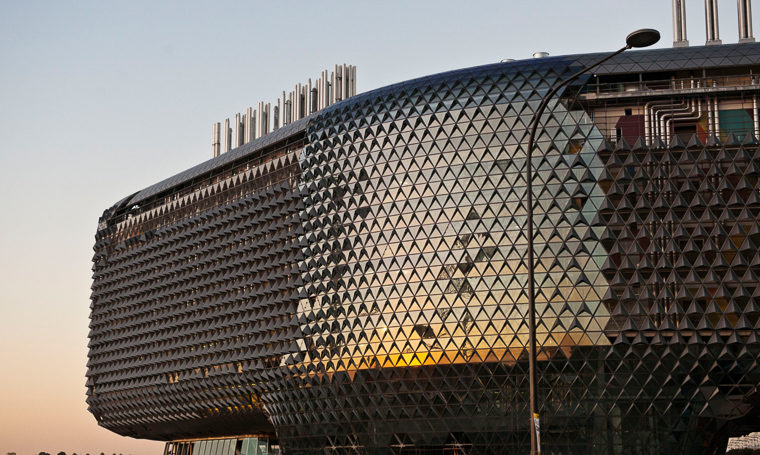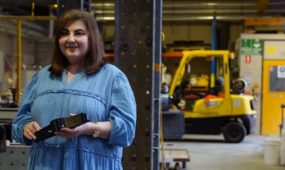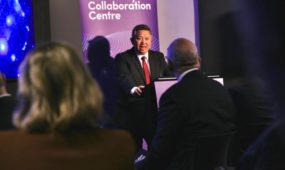Chinese investors back $45 million fund to drive South Australian biotech industry
Research & Development
Emerging South Australian biotechnologies will be accelerated through a Chinese-backed $AU45 million investment fund aimed at commercialising health research for the global market.

Sign up to receive notifications about new stories in this category.
Thank you for subscribing to story notifications.

The Adelaide China Biotech Investment Fund has launched today and is backed by a group of private investors based in Nanjing, China. The group is led by Mr An LuFan, Executive Director of D&R Pharmaceuticals, one of China’s leading drug development companies.
The fund will support the commercialisation of health and biotech research from South Australia, enabling researchers from the University of Adelaide, University of South Australia, the state’s hospitals and other institutions develop proof of concept, undertake clinical trials, and ultimately bring new drugs and additional technologies into healthcare.
The establishment of the fund, which will have a focus on drug development and clinical diagnostics, has been led by Dr Stephen Rodda from the University of Adelaide and Dr JC Tan from UniSA Ventures.
UniSA Ventures CEO Dr Viraj Perera said the fund “would help advance a number of early-stage health technologies where funding is currently scarce”.
“It will help break down the barriers that many health innovations face in obtaining the money they need to move their projects to stages where they become attractive for further capital injection,” he said.
“The establishment of this fund is a notable milestone in strengthening our local investment landscape.”
Executive Director Innovation and Commercial Partnerships at University of Adelaide Dr Rodda said the University of Adelaide was the leading institution for health and biotech research in South Australia and was pleased to have the opportunity to tap into this significant new funding source.
“Funding from traditional Commonwealth sources will only advance research to a point, but not so far as to demonstrate the commercial potential of a new innovation,” Dr Rodda said.
“This new fund will enable our research to be taken to the next level, creating opportunities for the South Australia’s health and biotech industry. Importantly, this will in turn create healthcare outcomes for the community, particularly in the form of new drugs that otherwise would not have existed without such funding support.”
Mr An LuFan – the former President and Chief Operating Officer of China Biopharmaceutical Holdings Inc (CHBP), a NASDAQ-listed pharmaceutical company – has a strong track record in biotech development. His company D&R Pharmaceuticals has two research and development centres and three manufacturing facilities, and distributes its products to more than 1800 hospitals across China.
The $45 million Adelaide China Biotech Investment Fund will use $5 million to invest in early stage projects to achieve proof of concept. The remaining $40 million will be used to invest in projects that have demonstrated commercial potential.
Adelaide is home to one of the largest multi-disciplinary health precincts in the Southern Hemisphere featuring the eye-catching South Australian Health and Medical Research Institute (SAHMRI) the Royal Adelaide Hospital , University of South Australia Cancer Research Institute and University of Adelaide Health and Medical Sciences building.
South Australian Minister for Trade, Tourism and Investment David Ridgway said today’s announcement was a great example of how private sector investment can help drive advancements in health research and in particular, the biomedical industry.
Jump to next article



